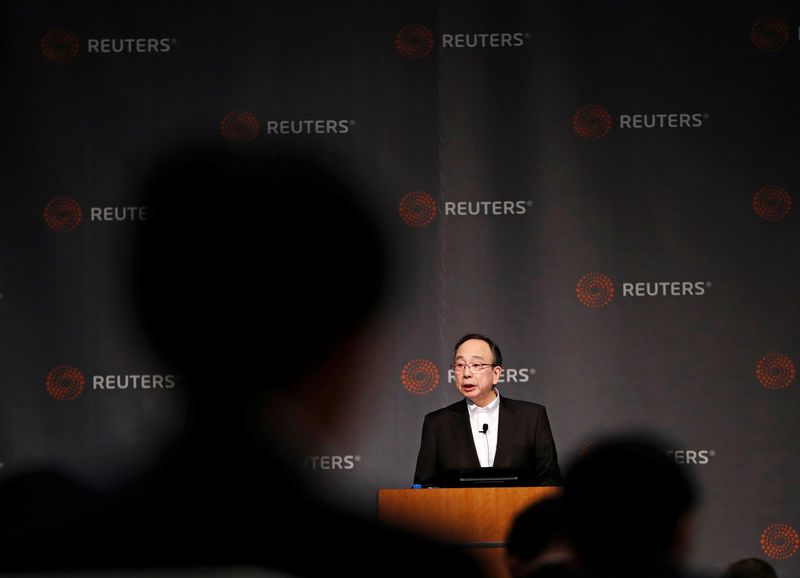BOJ deputy vows to maintain monetary stimulus despite price pressures By Reuters
2 min read
© Reuters. Financial institution of Japan Deputy Governor Masayoshi Amamiya speaks throughout a Reuters Newsmaker occasion in Tokyo, Japan July 5, 2019. REUTERS/Issei Kato/Files
2/2
By Tetsushi Kajimoto
TOKYO (Reuters) – The Financial institution of Japan should keep existing financial stimulus to produce sustainable increases in selling prices, corporate profits, careers and wages, its deputy governor stated on Tuesday, dismissing speculation about an early exit from accommodative options.
With inflation in Japan considerably under stages in the United States and somewhere else, the BOJ is lagging effectively powering other significant central banking companies in dialing back again disaster-method stimulus.
Even so, surging worldwide commodity price ranges and the weakening yen have boosted the charge-force inflation, raising speculation among the buyers that the BOJ may perhaps change absent from its present stimulus plan.
Masayoshi Amamiya shrugged off the possibility of early exit from stimulus coverage.
“What is actually crucial is to carry on our powerful monetary easing to firmly guidance economic activity of corporations and households,” Amamiya informed lawmakers.
If financial stimulus is reduced now, that would result in downward strain on the overall economy, earning 2% inflation even much more of a distant goal, Amamiya extra.
Amamiya and finance minister Shunichi Suzuki, equally showing in the identical parliament session, warned against the yen’s quick weakening, contacting the latest extra volatility in the foreign trade industry “undesirable”.
Suzuki explained he was communicating with U.S. and other currency authorities to answer to currency moves as correct, next the Group of Seven (G7) sophisticated nations’ settlement on currencies.
That settlement calls for marketplace-identified exchange charges and the need to consult with G7 associates on motion in the currency industry even though acknowledging the adverse outcomes excessive volatility and disorderly movements can have on financial state.
The Ministry of Finance, which is responsible for currency coverage, holds international reserves value $1.35 trillion that it can use when needed for currency intervention via the BOJ, Suzuki mentioned, without having elaborating.






